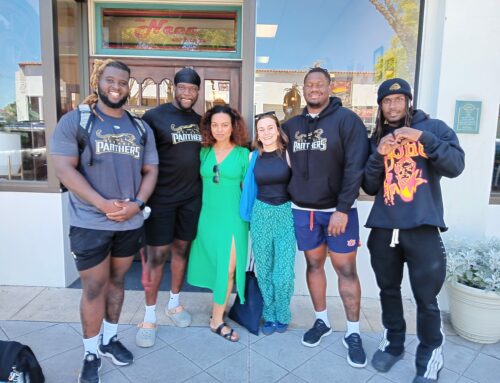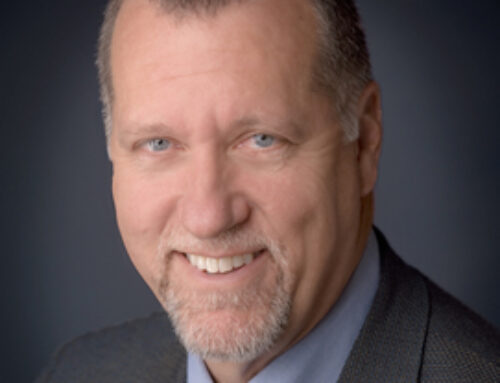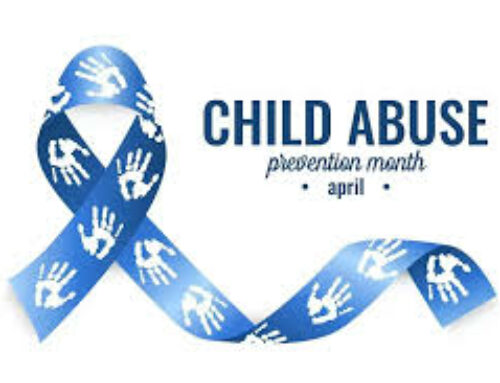Published in the February 18-March 3, 2015 issue of Morgan Hill Life
By Marty Cheek
Former Playboy centerfold model Jenny McCarthy spear-headed America’s anti-vaccination movement that encourages parents to choose not to ensure their children receive their shots for devastating illnesses. Now measles is back. Whooping cough is also making a return. And the reason we face this spike in measles cases in recent months is that parents – mostly highly affluent and well educated parents, at that – have listened to celebrities such as McCarthy concoct a dangerous narrative that vaccines are unsafe.
In the 21st century where medicine has proven the impact of childhood vaccination to save lives, this public health crisis is beyond inexcusable. It shows a stupidity among many Americans in matters of science. Perhaps McCarthy and parents of like mind might want to learn the lesson of General George Washington during the American Revolutionary War. The historian Joseph Ellis said he believes that the most important decision Washington ever made in winning the war was not in regard to any battle with the British but with a battle with a bug – more specifically, the smallpox microbe.
Washington’s military genius is not in dispute when it comes to Americans today enjoying our independence. But that independence comes thanks to Washington’s controversial medical action to inoculate the American troops.
Among the Continental regulars, 90 percent of deaths resulted from disease. The smallpox virus proved to be the most destructive. In February 1777, while camped at Morristown, N.J., Washington came to the conclusion that only the inoculation of the troops for smallpox would prevent the destruction of the Continental Army. He ordered with secrecy and speed the mass inoculation of the troops. A letter he wrote to Dr. William Shippen explained the reason: “Necessity not only authorizes but seems to require the measure, for should the disorder infect the Army… we should have more to dread from it, than from the Sword of the Enemy.”
Washington had no historic military precedent for this operation. He was even going against the Continental Congress whose members in 1776, fearful of inoculation, prohibited the army surgeons to inoculate the soldiers. That’s why Washington covertly communicated his officers with the orders to have Army surgeons disobey Congress and inoculate the troops.
Washington was not the only founding father who realized first hand the importance of immunization. The most scientifically literate of all early Americans, Benjamin Franklin later acknowledged he made a tragic mistake by not inoculating one of his children. His son Francis Folger Franklin, affectionately called “Franky” by his parents, was stricken in childhood with the smallpox virus.
“In 1736 I lost one of my sons, a fine boy of four years old, by the smallpox taken in the common way,” Franklin later wrote in his autobiography. “I long regretted bitterly and still regret that I had not given it to him by inoculation. This I mention for the sake of the parents who omit that operation, on the supposition that they should never forgive themselves if a child died under it; my example showing that the regret may be the same either way, and that, therefore, the safer should be chosen.”
Those words of Franklin might haunt many parents in modern-day America who refuse to give their young sons and daughters the defense against disease that can come through vaccination. Fifteen years ago, the extremely contagious and potentially life-threatening disease measles was declared by doctors to be all but eradicated. This was thanks to decades of immunization of preschool youngsters.
In 1998, a British surgeon named Andrew Jeremy Wakefield published a research paper in the credible medical publication The Lancet that claimed a link between the administration of measles, mumps and rubella vaccination and the appearance of autism and bowel disease. In 2004, after an investigative report published in London’s Sunday Times newspaper identified financial conflicts of interest in Wakefield’s study, the British General Medical Council began its own investigation of misconduct by Wakefield and his colleagues involved in the study. They found much of the 1998 report was falsified.
By that time, however, the anti-vaccination movement had started. The false connection between vaccination and autism received a major boost in the media when in May 2007 McCarthy announced that her son Evan had been diagnosed with autism in 2005 and claimed her son’s condition was caused by vaccination. She became a spokesperson for the anti-vaccination movement, publishing a book in 2007 titled “Louder Than Words: A Mother’s Journey in Healing Autism.”
Unfortunately when it comes to matters of science, many Americans tend to put greater weight on the words of outspoken celebrities than actual scientists. And thanks to the anti-vaccination movement, cases of measles in the United States, which have averaged between 50 and 100 patients a year for the past two decades, spiked last year to 644. In December, an outbreak began in Disneyland. In the first month of this year, according to the federal Centers for Disease Control and Prevention, 102 cases of measles were reported in 14 states. The South Valley region had a scare where a person with measles was at the Gilroy Costco store. The cause is clear for this ominous rise. Parents failed to have their children immunized.
If an individual has measles, according to medical experts 90 percent of the people close to that person will also get the disease if they haven’t been vaccinated. Even if the person is gone from a room for one or two hours, the virus still lurks as a danger for other people. For every 1,000 people who get measles, two or three will die from the disease.
The medical science is indisputable. Vaccination saves lives. I’m sure Washington and Franklin might have a few words to say to McCarthy in defense of making sure young American children have their shots.








